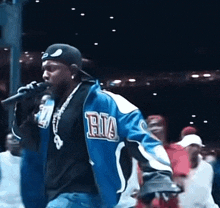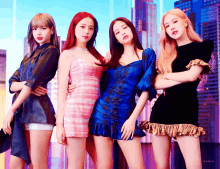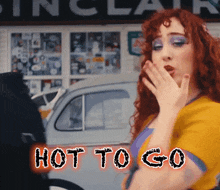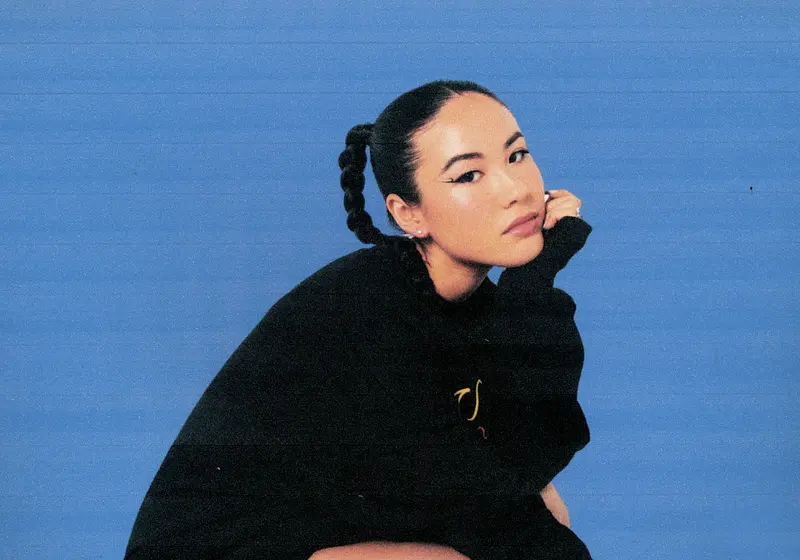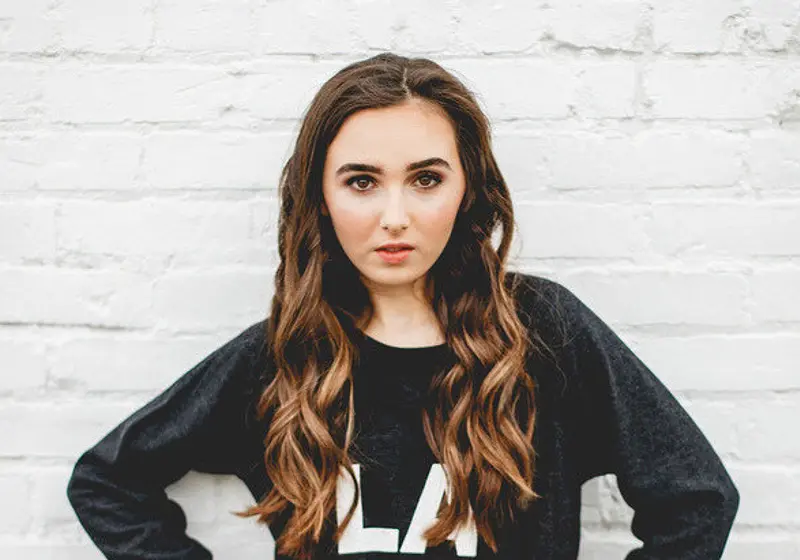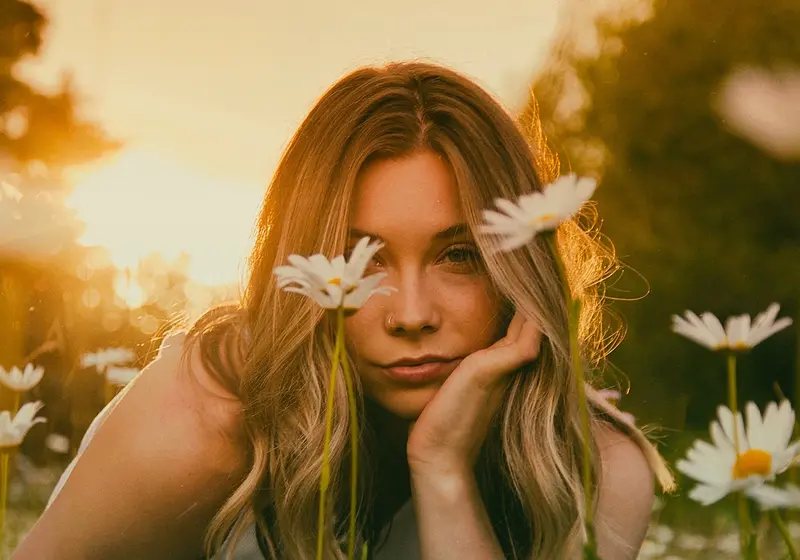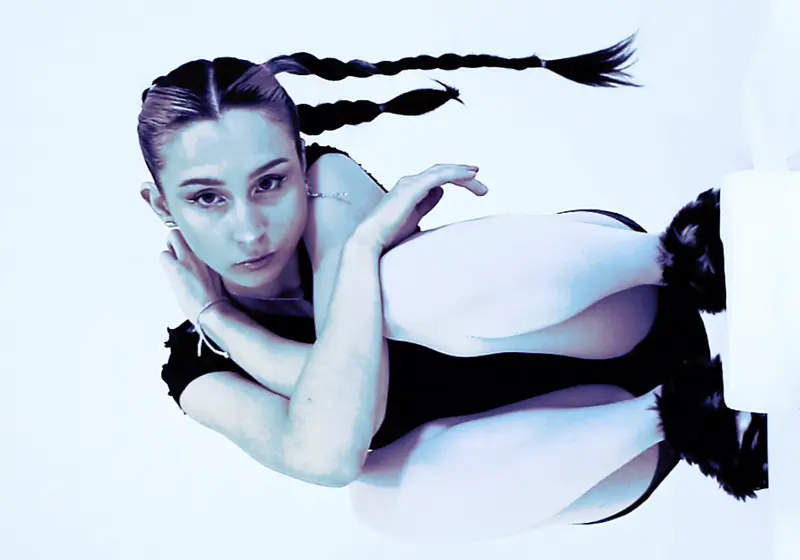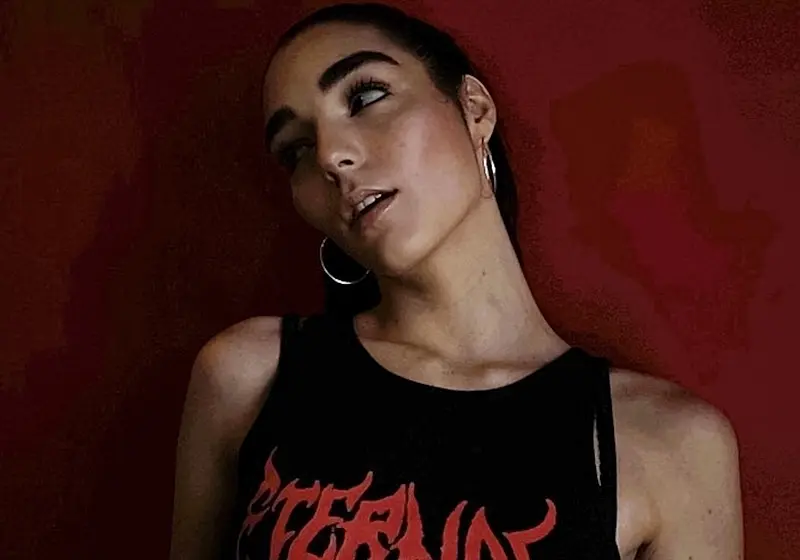Vulnerability and heartbreak are two emotions that teenagers are all too familiar with – as well as immensely afraid of. 25 year old singer-songwriter Emily James, however, turns this into her superpower. Using music as a form of self-expression, she successfully uses her own experiences to create music, helping and connecting with young audiences.
She started writing songs at the age of 10 and found it immensely fulfilling. Continuing her passions, she began recording and releasing music at 16. She has never stopped writing, recording, and releasing music since then and is looking to continue pursuing music in the future. Her music has been featured on Spotify's Created By Women and has appeared on TV syncs in popular shows such as My Life with the Walter Boys.
Emily's music is inspired by a combination of Stevie Nicks, Fleetwood Mac, Gracie Abrams, and Phoebe Bridgers – modern singer-songwriters with a hint of old-school classics. Although the journey of creating music at a young age, especially as a woman in the music industry came with challenges, she has undoubtedly found her place in the industry and continues to navigate her journey – with the goal of continuing to inspire and connect with her audiences through creating authentic and raw music.
Given Emily's successful and intriguing career, here is an exclusive interview on Teen Magazine with Emily James discussing her music journey, future goals, and the music industry.
SM: When did you discover that music is what you really enjoyed doing, and what do you hope to achieve with your it?
EJ: When I started writing songs, it gave me this feeling of fulfillment that I'd never felt before. I knew I wanted to chase that feeling and keep doing it, so I started professionally releasing music when I was 16. I had moved to Nashville and done recording, so that's when I put out my first EP.
Since then, I've continued to write and release music. I produce a lot of it myself and my mission behind my music is that I can help people with it. Initially, I write songs for me as my form of therapy, but I also release them for other people in hope that they hear it and they feel comforted by it – I hope they feel less alone or like they're talking to a friend.
SM: You just released “Since We Broke Up” and a music video for the song. Could you walk us through the process behind writing that song and creating not only the song itself but the artistic vision in the music video for it?
EJ: “Since We Broke Up” was inspired by a situation a friend had gone through. It's about the aftermath of a breakup, just learning about yourself and having a lot of reflection; taking a time from intense heartbreak and turning it into an opportunity of growth. I wrote it with a longtime collaborator of mine named Brian Brundage, and we had a lot of fun making it. Whenever I collaborate with people, I always want to try out weird things and the goal is to have fun, and then I think that ends up being reflected.
SM: Can you talk about what growing your music has been like as a teenage musician, including your strategy, goals, and experiences with music licensing on TV shows, and walk us through how this has impacted your career?
EJ: The biggest hurdle for me was wanting people to take me seriously regardless of my age as a teenager, and getting comfortable working with people older than you. It doesn't matter how old you are: if you have a vision for yourself, it's important that it gets voiced. Over time, you learn from different people and practice the skill of being unafraid to expression that vision then moving into producing for myself.
When I was doing this, I think I was around 18 or 19. The combination of also being a woman led me to face a lot of imposter syndrome with certain areas of the industry. I think the more representation [in gender], the more you feel validated in that role – the same goes with age; seeing other teenagers doing something makes you feel more confident in yourself. It was really cool to hear my songs on TV. It's a pretty surreal experience, especially the most recent one being My Life With the Walter Boys.
SM: How do you think music has been healing for yourself?
EJ: It's my way of processing things. I end up realizing thoughts coming up from my subconscious rather than what's at the front of my mind. Often, I'll sit down with a guitar at the piano and just start playing.
Words will start coming out – I'll be like: I didn't realize I was thinking so much about that. It helps me work through things that I'm not acknowledging as much.
SM: What do you want your audience to know?
EJ: I'm an artist that, with the place that I'm at right now, able to respond to people. I want to respond to people and make genuine connections. I want people who listen to my music and maybe become fans of me.
I want them to feel like I'm their friend and that they can talk to me about whatever, you know, you can slide into my DMs and we can talk about anything. And just again, to feel like they're not alone in whatever they're going through.
SM: What advice would you give to teenagers who want to be a music artist or work in the industry?
EJ: If music is really what you want to do, don't come up with a backup plan because you'll always lean on the backup plan. Being a creator or an artist of any form is really important. Sometimes when you're in middle school, high school or college, like any sort of traditional education system, it's easy to feel like art isn't important and that you're supposed to be on some sort of track to go to college and get a job or something similar.
That's great for some people, but if that's not your personality, or not how you work, then you need to listen to and follow that. We need creators, we need artists. That's what keeps us all together. It's an important job, and it's just as important as a doctor or lawyer or any other career.
SM: What do you hope to see in the music industry?
EJ: I hope there is more space for women and non-binary people to feel empowered in the music industry. We can all do it. It's just the confidence.
I would love to see social media playing less of a role in marketing. I think it takes away from the creative process because you end up feeling like you should be doing it all the time, rather than creating the art, pushing boundaries or thinking outside of the box. It's easy to fall into a pattern and then end up creating a song for TikTok or social media. I think it'd be nice if somehow were able to kind of step away from that more.
SM: Where do you see yourself in five years?
EJ: I definitely still see myself being an artist. I see myself doing a lot of touring, playing some bigger spaces and going around the country and around the world. Continuing to do what I'm doing and hopefully making albums – I like creating little worlds in my projects, even if it's just an EP, there could be a story running through it.
SM: What are your goals with your two-part EP?
EJ: My hope with that is: with The Alternates part one, it was about the initial stages of falling in love or infatuation, and then the relationship falling apart. With that storyline, part two is about the healing journey coming after that. I hope that when people listen to it, they can see themselves reflected in it and can feel comforted by the songs.
The healing process is not a linear upward trajectory. It's all over the place. It's messy. You have good days you have bad days – that's okay. Ultimately, just be patient with yourself, and the best thing any of us can do is just learn how to truly love ourselves.
SM: Finally, what do you value the most in the songwriting process?
EJ: Staying true to who you are and your unique sound. It's easy to hear what other people are doing and it's important to have influences and be inspired by other people, but do not directly copy what somebody else is doing because they're doing what's true to them, and all have to do is be true to ourselves. In that same vein, not comparing your art to other people's art. The more different you can be from everyone else, the better.


